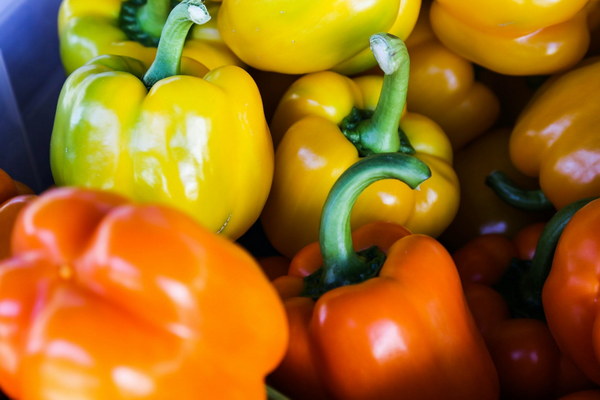Does Mountain Tortoise Harm or Nourish the Liver Unveiling the Truth Behind Traditional Chinese Medicine
In the realm of Traditional Chinese Medicine (TCM), the mountain tortoise holds a unique position as both a medicinal herb and a delicacy. Its extracts have been used for centuries to treat various ailments, particularly those affecting the liver. However, the debate rages on as to whether the mountain tortoise is beneficial or detrimental to liver health. This article delves into the evidence and explores the potential risks and benefits of incorporating mountain tortoise into your health regimen.
The mountain tortoise, also known as Xiaolongnu or Xianlongnu in Chinese, is a species of tortoise native to China. In TCM, it is believed that the animal's scales, blood, and internal organs possess healing properties. The most commonly used parts are the blood and scales, which are processed and prepared to be consumed as a medicine.
Proponents of mountain tortoise consumption argue that it has several liver-nourishing properties. They claim that the animal's blood can improve liver function, alleviate symptoms of liver disease, and even prevent liver cancer. Furthermore, it is believed that the scales can enhance blood circulation, reduce inflammation, and promote healing.
The scientific community, however, has not fully endorsed these claims. While some studies suggest that certain compounds found in mountain tortoise may have anti-inflammatory and antioxidant effects, the evidence is limited and inconclusive. Moreover, the high cost and rarity of mountain tortoises raise ethical concerns regarding the sustainability of their use in TCM.
One of the primary concerns regarding the use of mountain tortoise is its potential to harm the liver. The animal's scales contain a toxic substance called tetrodotoxin, which can be lethal in high doses. Although the tetrodotoxin is usually neutralized during the preparation process, there is still a risk of accidental contamination or improper dosing.
Another concern is the potential for drug interactions. Since mountain tortoise is a blood product, it may interfere with the effectiveness of certain medications, particularly those used to treat liver diseases. Additionally, the lack of standardization in the preparation and dosage of mountain tortoise extracts makes it difficult to determine the safety and efficacy of the product.

Despite these concerns, some studies have shown that mountain tortoise may have certain benefits for liver health. For instance, a study published in the Journal of Ethnopharmacology found that a compound derived from mountain tortoise scales, called pseudoginsenoside F2, can protect liver cells from oxidative stress and inflammation.
However, it is important to note that these findings are not definitive, and more research is needed to determine the true benefits and risks of using mountain tortoise in TCM. In the absence of conclusive evidence, it is advisable to exercise caution when considering the use of mountain tortoise as a liver treatment.
In conclusion, the debate over whether mountain tortoise is beneficial or detrimental to liver health is ongoing. While there may be some potential benefits, the risks and ethical concerns cannot be overlooked. It is crucial for individuals interested in incorporating mountain tortoise into their health regimen to consult with a qualified TCM practitioner and weigh the potential benefits against the risks. Until more research is available, the use of mountain tortoise as a liver treatment should be approached with caution.









